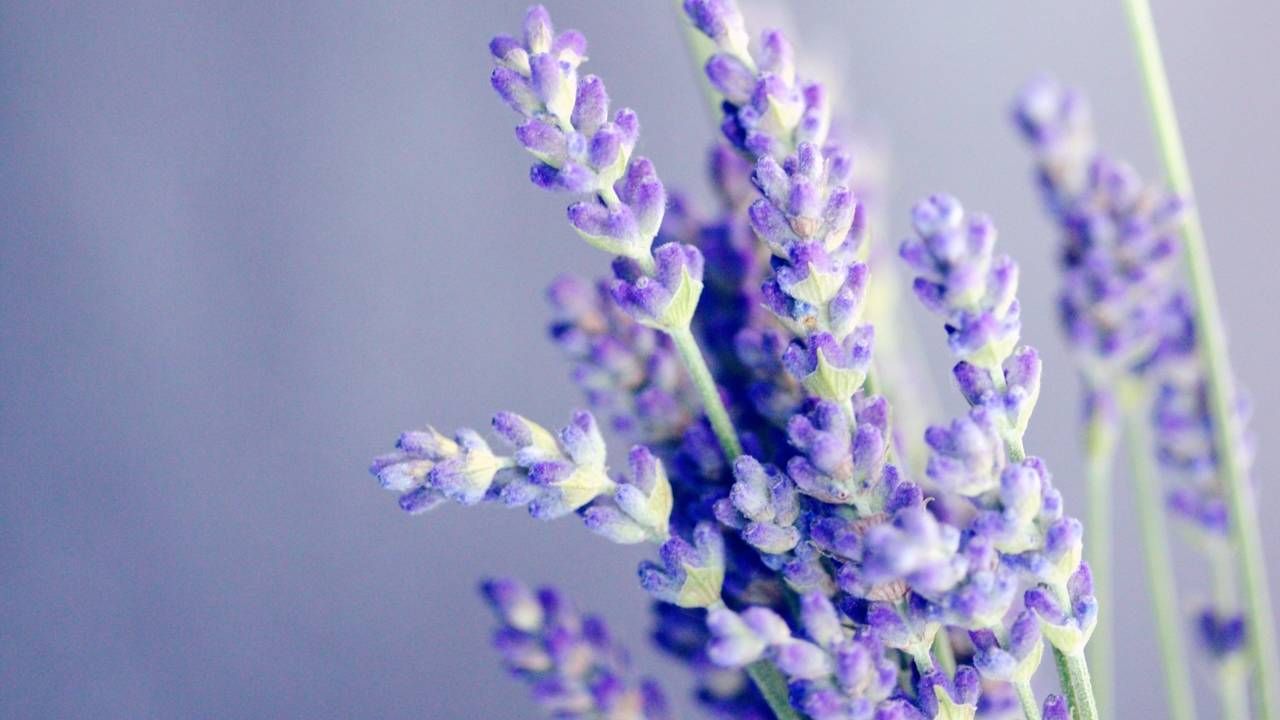Rehabilitating Your Nervous System: 5 Herbal Tools for Natural Healing

Are you looking to rejuvenate and restore your frayed nervous system?
In a world filled with stress, it's essential to find ways to bring peace and balance back to our lives. While pharmaceuticals can provide quick relief, natural remedies offer a more holistic, sustainable approach. In this blog post, we'll explore five herbal tools that can help you rehabilitate your nervous system and improve your overall well-being.
1. Ashwagandha and Shankapushpi: Top Vata Reducers
These two herbs, Ashwagandha and Shankapushpi, are incredibly effective in reducing Vata dosha. Vata dosha governs movement, making it essential for the proper functioning of the nervous system. Ashwagandha and Shankapushpi work harmoniously to calm the nervous system, ease anxiety, and promote relaxation. Incorporating these herbs into your daily routine can help you regain your inner balance and peace of mind.
2. Brahmi: The Ultimate Pitta Reducer
For individuals dealing with a dominant Pitta dosha, Brahmi is a game-changer. Pitta dosha is associated with heat, digestion, and metabolism. By reducing excess Pitta, Brahmi helps soothe the nervous system, enhance cognitive function, and alleviate stress. Including Brahmi in your herbal regimen can provide you with the calm and clarity you need to restore your nervous system.
3. Tulsi: A Doshic Balancer
Tulsi, also known as Holy Basil, is a versatile herb that benefits all doshas. It has adaptogenic properties, which means it helps the body adapt to stress and maintain balance. Tulsi not only supports the nervous system but also bolsters overall health and vitality. Incorporating Tulsi into your daily routine can help you combat stress and restore your well-being, regardless of your dosha.
4. Triphala: The Ultimate Cleanser
Triphala is a powerful herbal blend that acts as an essential adjunct in rehabilitating the nervous system. It aids in detoxifying the body and cleansing the digestive system. A clean digestive system is the foundation for a healthy nervous system. Whether you prefer it in its loose herbal form or as pressed tablets, Triphala can help you "clean house" and prepare your body for the healing process.
5. my "Mind Tea" recipes: Nourish and Soothe
All the above-mentioned herbs, except Triphala, belong to the Nervine class of herbs. These herbs have a special affinity for the nervous system, making them an excellent choice for rehabilitation.
In my Mind Teas, I combine these herbs to create a potent blend that nourishes and soothes the nervous system, making it perfect for those experiencing high levels of stress or internal conflict.
In Ayurveda, we always combine herbs in a team, so that we really cover the needs of the nervous system. I've got my favorite effective combinations below so that you can make your own blends and do the same. It's much more effective than taking a single herb supplement.
Incorporating Herbal Remedies into Your Routine
To enjoy the benefits of these herbal tools, it's important to incorporate them consistently into your daily routine. For loose tea preparations, a recommended dosage is 2-3 teaspoons of steeped herbs daily. The amount of water and the time of day don't matter, and you can add a spoon of ghee for added Vata reduction. If capsules are more convenient for you, start with 4-6 capsules per day. It's worth noting that taking herbal capsules with hot water is always a good choice.
Triphala: Different Forms for Different Needs
Triphala is available in various forms to suit your lifestyle. For those with a busy schedule, pressed tablets are a convenient option. Taking two tablets at bedtime and one in the morning as part of your daily routine can provide the cleansing benefits of Triphala. If you prefer a more ritualistic approach or enjoy experimenting in the kitchen, you can opt for the loose herbal form.
A Holistic Approach to Healing
When incorporating both Triphala and VP Mind into your routine, it's recommended to start with Triphala for two weeks. This will allow you to familiarize yourself with its effects and understand how it feels in your body. Once you've cleansed your digestive and emotional channels, you can begin nourishing your nervous system with VP Mind.
Keep in mind that it takes about three months to build a healing dose in your nervous system tissues, so commit to the regimen for optimal benefits. While you'll begin to experience benefits sooner, they will continue to deepen over time.
In conclusion, rehabilitating your nervous system is a journey that requires consistency and patience. These five herbal tools offer a natural and holistic approach to healing, allowing you to restore balance, reduce stress, and improve your overall well-being. Whether you choose to enjoy them in herbal teas, capsules, or other forms, these herbs have the power to transform your life and bring peace to your mind. Give them a try and embark on the path to a healthier, more tranquil you.
VP MIND TEA (more Vata help)
Loose Tea
Add 2 parts Ashwagandha powder, 1 part Shankpushpi powder, 1 part Brahmi powder, and ground cardamom to taste.
Capsules
Try 4-6 tablets of Stress Ease. I like to also add Shankapushpi, but this is only available as powder. You can add 1/2 tsp to any tea or hot water. I've even added it to my coffee.
PV MIND TEA (more Pitta help)
Loose Tea
Add 1 part Ashwagandha powder, 1 part Shankpushpi powder, 2 parts Brahmi powder, and ground fennel to taste.
Capsules
Try 4-6 tablets of Tranquil Mind daily.

